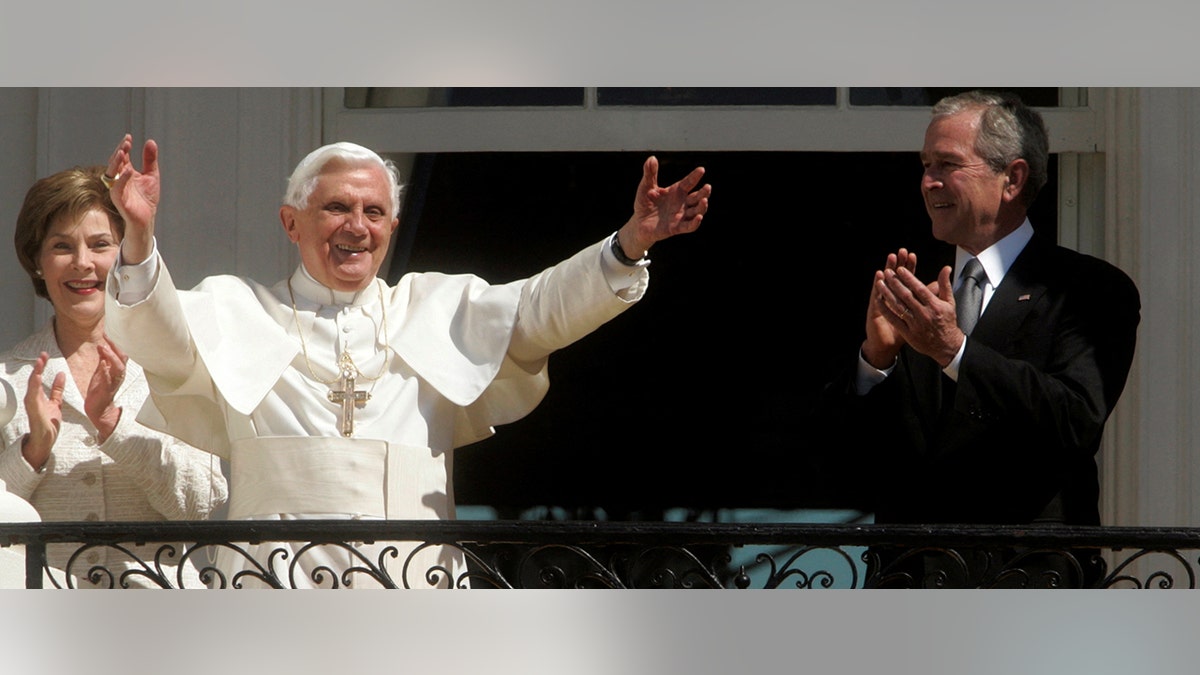The Gospel of John's account of Christmas is strikingly simple: "The Word was made flesh and dwelt among us." This concise declaration, devoid of traditional nativity narratives, holds profound implications for our understanding of the universe and the very foundations of reason.
John identifies this "Word" as being present "in the beginning," existing with God and indeed being God. This Word, made flesh in Bethlehem, represents the divine mind, the blueprint from which all universal patterns emerge. The inherent intelligibility of the cosmos stems from this metaphysical truth – that at its origin lies not chaos, but logic, meaning, and word.

This premise underpins every scientific endeavor. The assumption of a universally intelligible world, rooted in the doctrine of creation through the Word, fostered the development of modern physical sciences within Christian universities.
Physicist Eugene Wigner's 1960 article, "The Unreasonable Effectiveness of Mathematics in the Physical Sciences," explored the remarkable alignment between complex mathematics and the natural world. Wigner pondered why nature exhibits such patterned intelligibility rather than chaos, a phenomenon he repeatedly described as "miraculous." A biblical perspective offers an explanation: the universe is mathematically structured because its creator is a mathematician – "In the beginning was the Word."

Pope Benedict XVI, in his 2006 Regensburg Address, argued that the Gospel's emphasis on Logos facilitates dialogue between faith and reason, and between Christianity and other religions. If Christ embodies the divine Logos, connections can be drawn between Christ and any other manifestation of logos – spiritual, scientific, or cultural. This shared foundation of "Word" enables constructive discourse and debate.

Benedict's address critiqued voluntarism, a philosophy prioritizing will over reason. Voluntarism leads to arbitrariness, where power struggles and violence replace reasoned argument. This perspective, increasingly prevalent in contemporary culture, undermines objective truth, replacing it with individual will, ultimately resulting in intractable conflict.

John's Christmas message reveals that the primal Logos, the divine mind, manifested not in power, but as a vulnerable infant. This signifies that the ultimate pattern of reality is not self-assertion, but self-emptying love. While a voluntaristic view sees power as paramount, John's Gospel presents a different template – a love that gives itself away, the very blueprint for the cosmos.

The pervasiveness of suffering in the world might seem to contradict this vision of Logos and love. However, evil is not a fundamental force, but a distortion of good, a deficiency of what should be. It is parasitic on good, always less than the good it corrupts. Therefore, its claim to be a primary principle of reality is false. As St. Paul declared, "Where sin abounds, grace abounds the more." And as John affirmed, despite acknowledging the presence of evil, "The light shines in the darkness, and the darkness did not overcome it."
Comments(0)
Top Comments